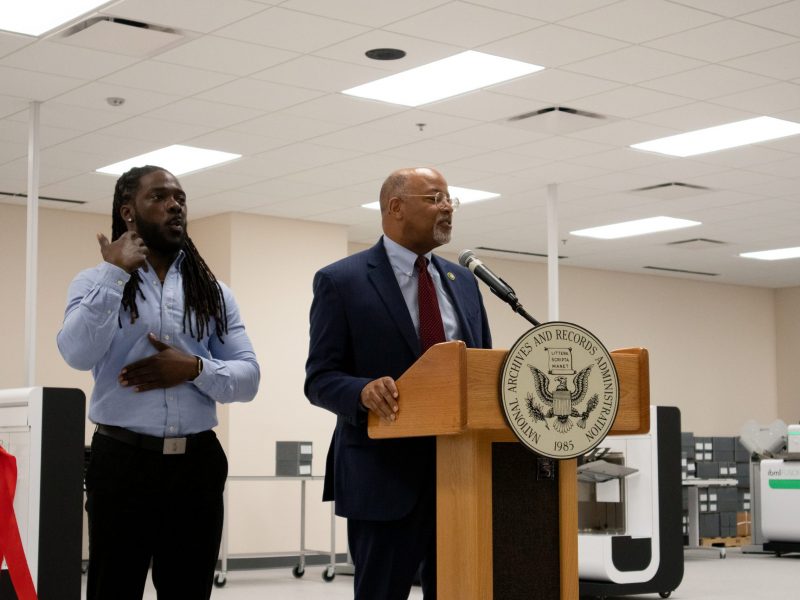By Rachel Kuipers
For The Diamondback
The University of Maryland School of Medicine is joining the fight against the Zika virus as scientists work with the National Institutes of Health, in addition to Emory University, to develop a working vaccine.
Mosquito bites are the primary cause of the Zika virus, which is spreading from South and Central America to the United States. Though the symptoms of the virus are relatively mild, similar to that of the flu, the illness can be spread from a pregnant woman to her fetus, which can cause severe birth defects.
The virus has been recorded in humans since the 1950s; however, this outbreak in South America, Central America and the Pacific Islands has been going on since 2014, according to the World Health Organization. There is active Zika virus transmission in at least 55 countries and territories, according to the CDC.
The university is working with the National Institute of Allergy and Infectious Diseases, a division of the NIH, which developed a vaccine to fight against Zika. The group began vaccine trials on Aug. 2, said Anthony Fauci, director of the National Institute of Allergy and Infectious Diseases, during an Aug. 3 teleconference announcing the trials.
This university, as well as Emory University, are involved in administering vaccines and analyzing results. Last week, the university was cleared to begin recruiting volunteer participants, while Emory University has not yet been cleared to begin recruiting.
“Because of the neurological deficits that occur in the fetus and [newborns] it’s incredibly important to tackle this now,” said Kirsten Lyke, a professor at the University of Maryland School of Medicine in Baltimore and an investigator for the University of Maryland team holding the trials. “Aside from avoiding mosquitoes and using repellent, we have no way of preventing the disease.”
The first phase is intended primarily to evaluate the safety of the vaccination and determine whether the body’s immune system will respond, Lyke said. There will be 80 participants in this phase.
Researchers were able to create the vaccine by making use of technology used to develop a vaccine for a related virus, Lyke said, then “honing it to be specific for the Zika virus.”
Researchers at NIH, located in Bethesda, began administering the vaccine on Aug. 2 and have administered one vaccination a day, Lyke said. Researchers will monitor any short-term side effects and check in with participants after 18 months and 24 months.
Of those already vaccinated, Lyke said, none have shown reportable reactions.
West Nile Virus, a related virus to Zika, has also contributed to the development of a Zika vaccine, said Monica McArthur, a professor at the University of Maryland School of Medicine and a principal investigator for the university’s Center for Vaccine Development. The researchers were able to use very similar technology to develop a vaccine for the Zika virus as they did for the West Nile Virus vaccine, she noted.
The majority of the primary species of mosquitoes, known as Aedes aegypti, which are transmitting the disease, remain in southern states like Florida, Georgia, Texas and Louisiana, McArthur said. However, Aedes albopictus, a secondary species of mosquitoes that can carry the virus, inhabit Maryland, she added.
The virus has “really exploded,” Lyke said, especially in South and Central America. The mosquitoes that transmit the disease are already in the southern and central United States.
“It’s already hit Florida … in the past year,” Lyke said, “and there’s no reason to think it won’t continue.”


